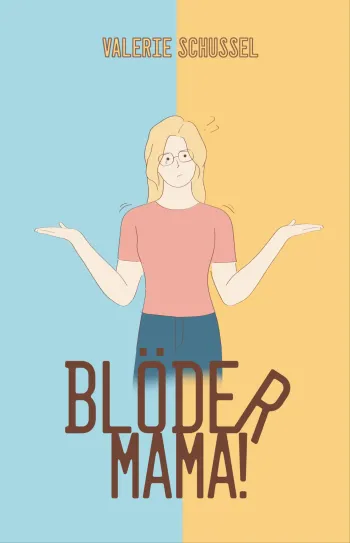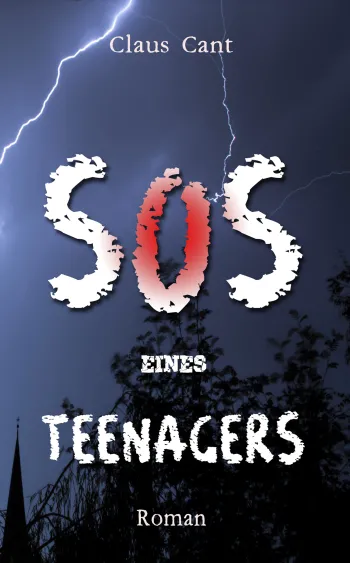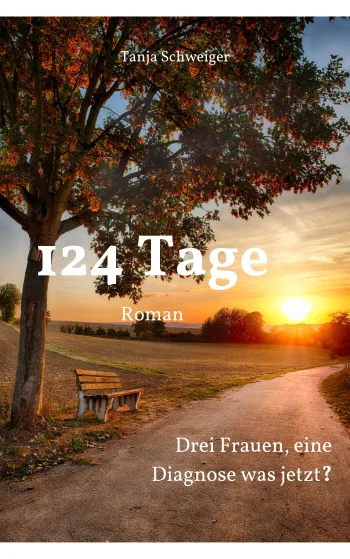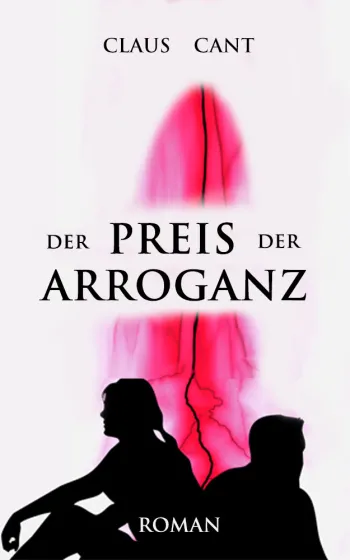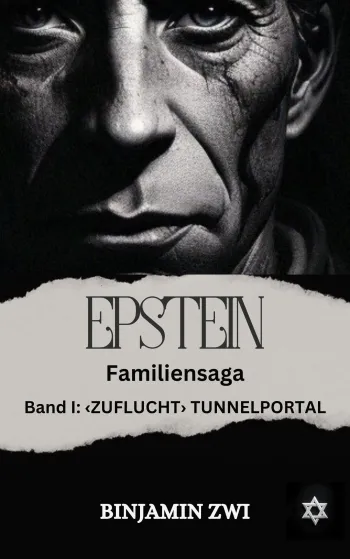Buch entdecken
Erfahre mehr über dieses Buch
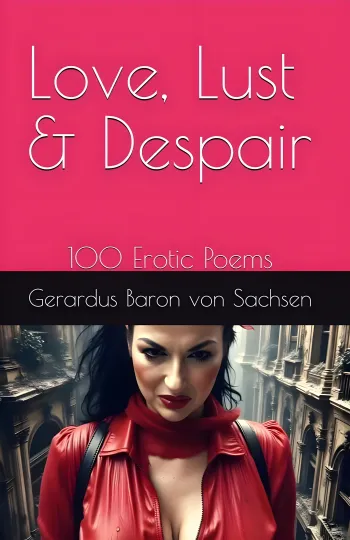
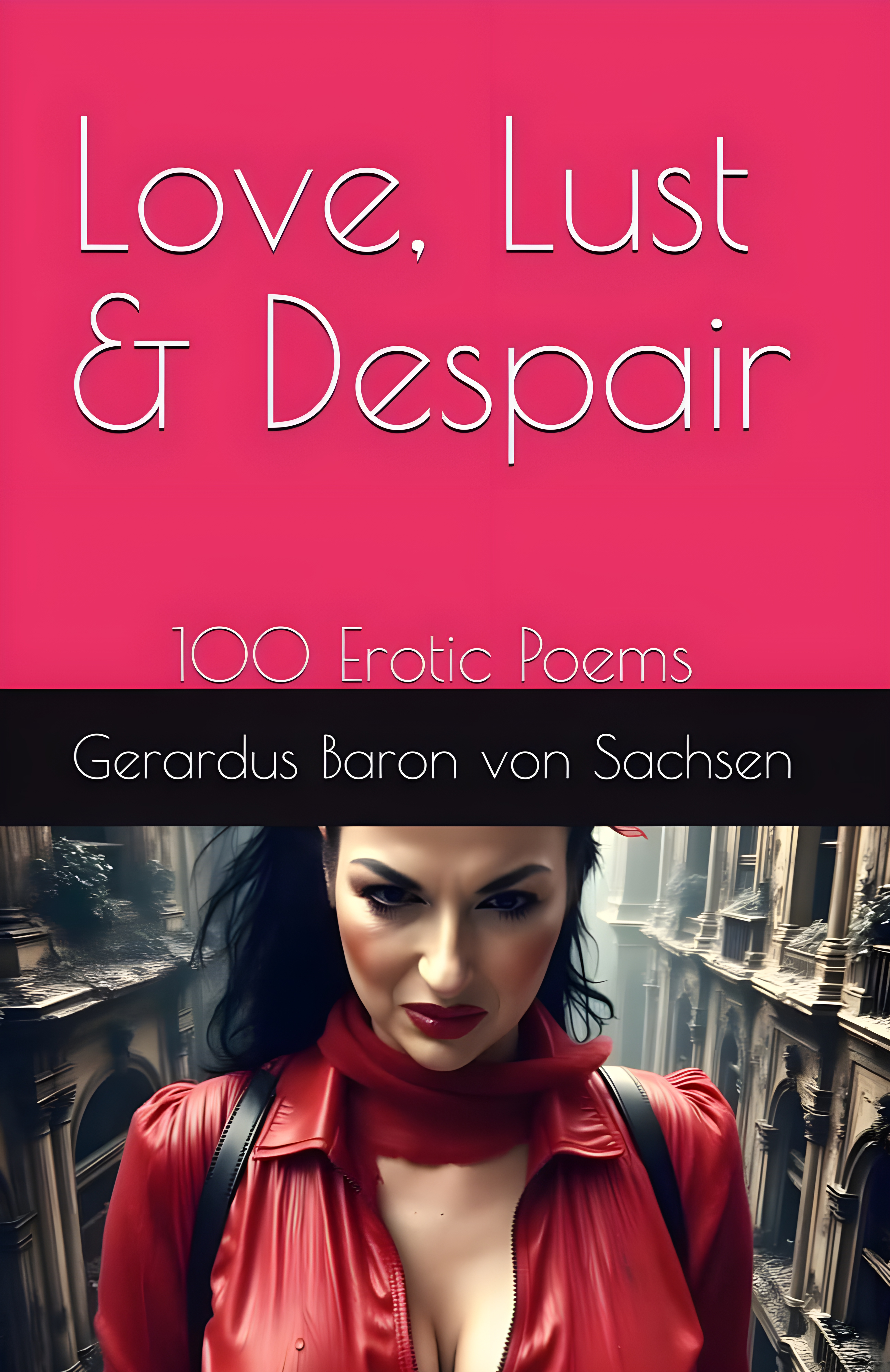
Love, Lust & Despair
100 Erotic Poems
Jetzt registrieren & lesen
Bereits registriert?
Hier anmelden
Bei Amazon kaufen
Über dieses Buch
In a time when poetry is often reduced to captions beneath filtered photographs and the sacred language of longing is squeezed into the sterile shapes of trending hashtags, "Love, Lust & Despair" dares to reintroduce poetry as a vast, total world—one with teeth, skin, wire, smoke, oil, neon, breath, shadow, and flame. This is not a collection of verse, but an immersive journey into a universe built from the ruins and promises of modern life—a vision forged in the metallic heartbeat of global cities, illuminated by desire, haunted by loneliness, and tempered by the age-old human search for meaning.
The 100 poems contained within this book, do not merely illustrate the world—they summon it. The poetry draws deep from a lineage of powerful, metaphysical voices: the lucid, melancholy irony of Carlos Drummond de Andrade, whose Brazilian modernism made ordinary city life feel like a dream falling apart in slow motion; the visceral grit and blunt sensuality of Charles Bukowski, whose urban realism confronted the human condition with feral honesty; and the surreal lyricism of Federico García Lorca, who gave flesh to the duende—that dark, erotic soul of life and art.
But the poetic voice here goes beyond tribute or synthesis. It erupts into something wholly its own—a cosmopolitan, multilingual, genre-defying lyricism that does not merely speak to the world, but transforms it. Each poem is a portal, a frequency, a blood-soaked love song humming from a tangle of wires and vines.
Architecturally, "Love, Lust & Despair" is rooted in a dramatic and complex aesthetic lineage. The impossible geometries of M.C. Escher provide the foundation for much of the spatial tension in the poems—cities that curl inward like broken staircases, bridges that lead into themselves, windows that stare back. Hieronymus Bosch, whose hellscapes and dream-visions exploded the moral anxieties of his age, serves as a second spiritual ancestor—guiding the book’s descent into erotic grotesquerie and allegorical nightmare. The precision and monumental grandeur of Gustave Doré’s engravings inspire the book’s epic ambition and detailed lyricism, while H.R. Giger’s bio-mechanical horrors whisper beneath the surface of many poems, merging body with machine, pleasure with dread.
In this way, "Love, Lust & Despair" is both ancient and futuristic. It aches for the garden while sinking into the factory. Its streets are slick with rain and gasoline. Its characters—cyborgs, sex workers, robots, insects, poets, lovers, and ghosts—move through a hallucinatory jungle of neon, fruit, and steel. These are poems of the human being as object and animal, as machine and miracle.
Recurring motifs include not only the city in its many incarnations—megacities, slums, brutalist towers, Escherian labyrinths—but also the body in transformation: the female and male body, fragmented, worshipped, mechanised, consumed. Factories hum like hives. Orchids open like wounds. Tropical fruit glows under electric light. Each object becomes an erotic metaphor and a spiritual cipher.
The neon rainbow of artificial colours replaces the sky. Nature is a memory that reappears in sudden, sharp flashes: the scent of decaying flowers in an airshaft, the taste of mango on a tongue already coated in exhaust fumes. The industrial and the sensual interlock in complex ways—an engine growls under the skin; lips are chrome, not flesh. These juxtapositions are not mere aesthetic flourishes. They ask the reader: What does it mean to be human in a world where desire is mechanised and meaning is unstable?
Alienation is a constant presence in this book. But so is lust. And so is the desperate, radiant need to connect, to love, to belong. In this regard, the poems do not present despair as a void, but as an invitation to look deeper into ourselves. They argue, passionately, that even in a world dominated by artificiality and fragmentation, the erotic remains—a burning thread of the real, a place where the human spirit resists its own erasure.
The ambition of this book is not only aesthetic but existential. It asks the most fundamental questions of our time in language both ancient and futuristic. What does it mean to feel in a digital world? What does it mean to desire when touch has been commodified? Where do we belong when the cities we inhabit are illusions, spirals, riddles? And who are we when we are no longer quite human—but something more, or less, or different? "Love, Lust & Despair" is not just a book to be read. It is a city to be entered, wandered, feared, and desired.
⸻
About the Author
Gerardus Cornielje, Baron von Sachsen, was born on June 12, 1962, in the historic town of ’s-Heerenberg in the Netherlands. His life and work defy easy classification—his creative and personal journeys have taken him across continents and through countless roles: he is a poet, a singer and saxophonist, a trained boxer, a seasoned wedding celebrant, a traveller, a father, and a husband.
Having lived in numerous countries around the globe, his poetic voice is richly textured with the accents of many cities, the shadows of many cultures, and the rhythms of diverse languages. He currently resides in Wertheim, Germany, a quiet town that stands in stark contrast to the often-chaotic and cosmopolitan cityscapes of his poetry. Gerardus is happily married to his wife Stefanie and has three children.
"Love, Lust & Despair" is his ninth book of poetry and the third written entirely in English, reflecting both his mastery of language and his desire to speak to a wide, international audience. His work has always fused literature, music, and visual art, creating immersive experiences for readers and listeners alike.
Gerardus’s poetry is known for its uncompromising emotional depth, philosophical curiosity, erotic realism, and visual intensity. It is poetry that sings, growls, seduces, and remembers. For those unfamiliar with his previous work, this book is a powerful introduction. For those who already know his voice, "Love, Lust & Despair" is its boldest and most complete expression yet.
Bewertungen
5.0
Basierend auf 3 Bewertungen
Spitzenrezensionen
T
Tom Kreuzer
"Kann ich sehr empfehlen "
What sets this collection apart is its refusal to be safe. These poems are not designed to be scrolled past—they demand to be felt. Each piece is a fragment of something bigger: a broken prayer, a scream in the dark, a whisper of redemption. Love burns, lust seduces, and despair lingers—but through it all, there is an underlying search for meaning that gives the collection its enduring weight.
P
P.Strelow
"**Raw, Dark, and Unforgettable – Poetry That Burns and Breathes**"
This collection blew me away. *Love, Lust & Despair* isn't just poetry—it’s a fever dream of neon, skin, and smoke. Some poems hit like a punch to the gut, others whisper through cracked walls at 3am. The language is raw, surreal, and strangely beautiful. Not every piece landed for me, but most did—and hard. It’s moody, messy, and magnetic. A must-read for anyone who craves poetry with teeth and soul.
G
Gerdes
"Endlich mal wieder echte Poesie!"
Diese Gedichtsammlung hat mich völlig überrascht. Ich hatte ehrlich gesagt nicht viel erwartet - Poetry heute ist ja oft so... oberflächlich geworden. Aber "Love, Lust & Despair" ist anders. Richtig anders.
Die 100 Gedichte sind wie kleine Welten für sich. Manchmal düster, manchmal brutal ehrlich, aber immer mit einer Intensität, die einen nicht loslässt. Der Autor schafft es, moderne Stadtlandschaften so zu beschreiben, dass man sie förmlich riechen kann - nach Regen, Benzin und menschlicher Sehnsucht.
Was mir besonders gefallen hat: Die Mischung aus Realität und Surrealismus. Da werden Körper zu Maschinen, Städte zu Labyrinthen, und plötzlich macht das alles Sinn. Die Sprache ist roh aber poetisch, ohne sich zu verstecken hinter akademischem Geschwurbel.
Klar, nicht jedes Gedicht hat bei mir eingeschlagen. Manche waren mir zu düster, andere zu abstrakt. Aber das ist okay - bei 100 Gedichten kann nicht jedes perfekt sein. Die meisten haben mich aber wirklich bewegt.
Besonders die Gedichte über Einsamkeit und Verbindung in der modernen Welt haben mich getroffen. Der Autor versteht es, die Verzweiflung zu zeigen, ohne hoffnungslos zu werden. Das ist nicht einfach.
Ein Buch, das man nicht mal eben wegliest, sondern das einen beschäftigt. Empfehlung!
Ähnliche Bücher
Diese Bücher könnten dir auch gefallen
